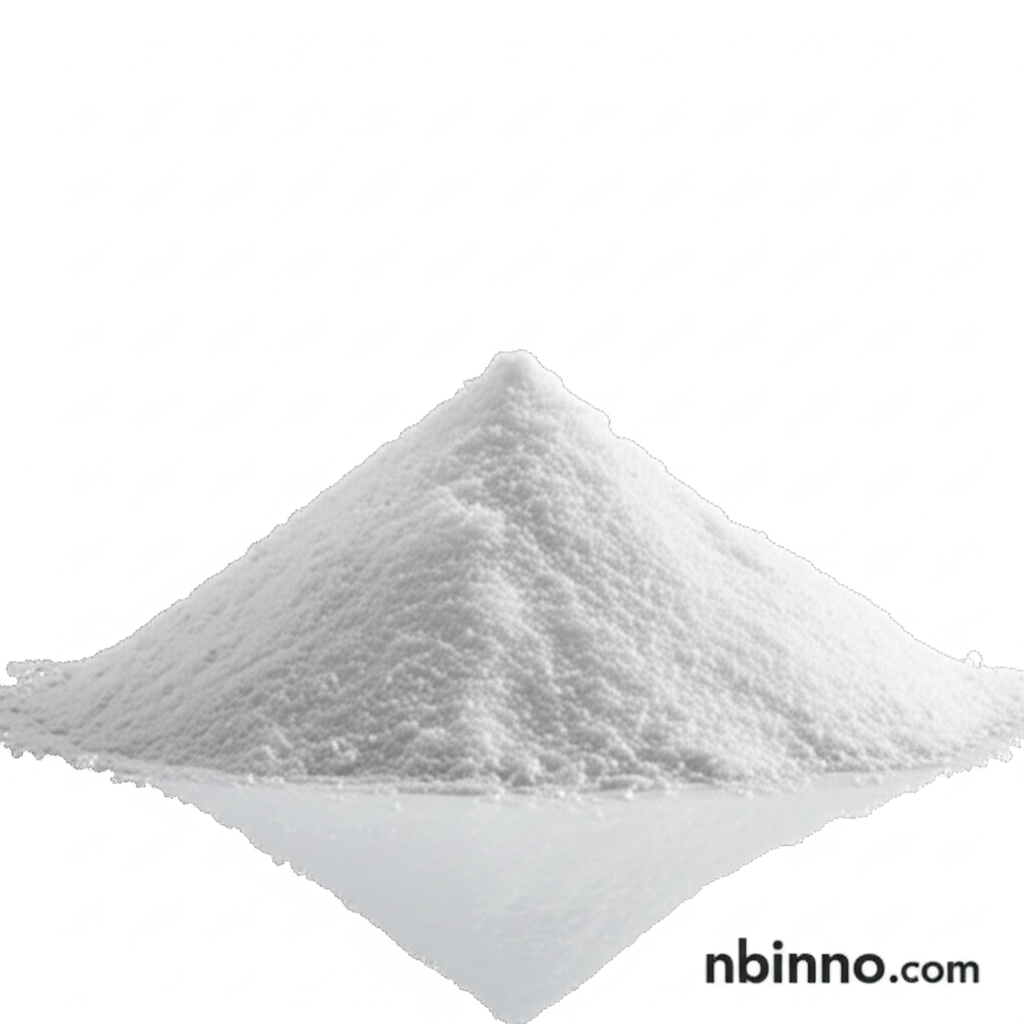S-Adenosyl-L-Methionine: Understanding Its Role in Liver Health and Metabolic Regulation
Discover the scientific insights into S-Adenosyl-L-Methionine's impact on liver function and metabolic pathways.
Get a Quote & SampleProduct Core Value

S-Adenosyl-L-Methionine
S-Adenosyl-L-Methionine (SAM) is a crucial molecule deeply integrated into the body's metabolic processes, particularly impacting liver health. As the primary biological methyl donor, SAM is indispensable for numerous biochemical reactions, including the synthesis of critical compounds like glutathione. Its role extends to regulating DNA and protein methylation, essential processes for cellular function and gene expression. Understanding the intricate pathways of methionine metabolism and SAM's involvement is key to comprehending its therapeutic potential in various liver conditions.
- The impact of SAM on liver function improvement is a significant area of study, offering potential benefits for patients with chronic liver diseases.
- Research into methionine metabolism in NAFLD highlights how disruptions in this pathway can contribute to disease progression.
- Exploring the mechanisms of SAM and liver fibrosis provides insights into potential treatments for liver tissue repair and regeneration.
- The study of SAM and liver cancer reveals its complex interactions with cellular processes that could be targeted for therapeutic intervention.
Key Advantages
Metabolic Regulation
SAM plays a vital role in regulating overall metabolic pathways, including one-carbon metabolism, which is critical for cellular health and function.
Antioxidant Support
As a precursor to glutathione, SAM provides significant antioxidant support, helping to combat oxidative stress that can damage liver cells.
Cellular Methylation
The process of cellular methylation, driven by SAM, is fundamental for gene expression, DNA repair, and protein function, contributing to liver cell integrity.
Key Applications
Liver Health Support
SAM is investigated for its ability to improve liver function and protect against damage from various toxins, essential for maintaining overall liver health.
Neurological Support
Beyond liver applications, SAM is explored for its potential benefits in neurological conditions, such as its use in Parkinson's disease treatment and managing anxiety and insomnia.
Metabolic Syndrome Management
Research into S-adenosyl-L-methionine's impact on NAFLD suggests its potential role in managing metabolic syndrome components that affect liver health.
Cellular Repair and Regeneration
Understanding the mechanisms of SAM in liver fibrosis and regeneration can lead to novel therapeutic strategies for repairing damaged liver tissue.
